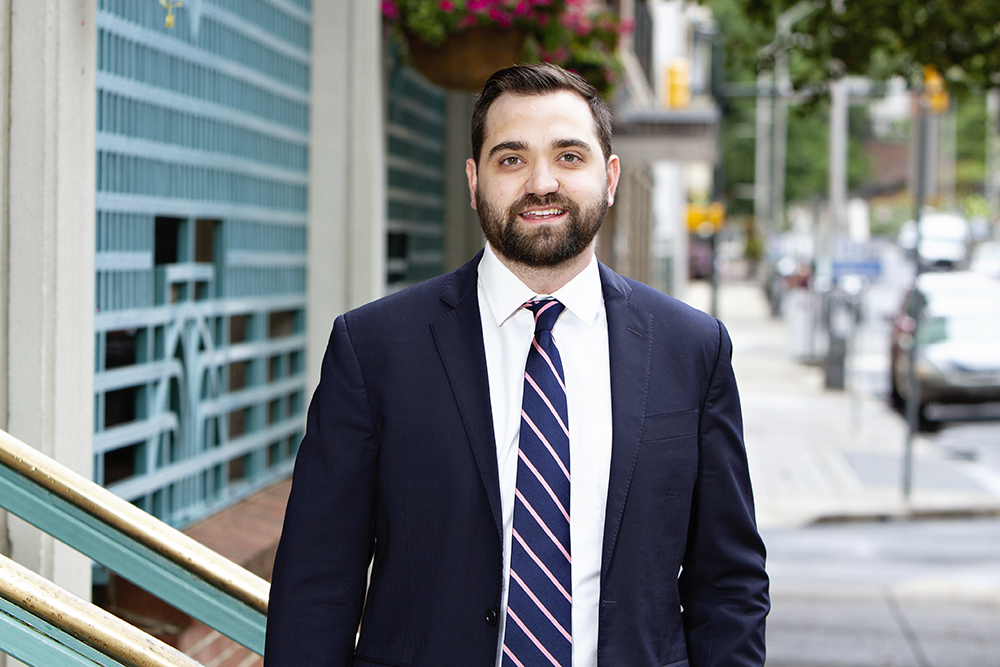High Court Finds False Claims Act Liability Hinges on Subjective Intent
July 21, 2023
Publications
Reprinted with permission from the June 20, 2023 edition of The Legal Intelligencer © 2023 ALM Media Properties, LLC. Further duplication without permission is prohibited. All rights reserved.
Amidst the many headline-making decisions issued by the U.S. Supreme Court this summer, there lies one opinion that should not be overlooked by False Claims Act (FCA) practitioners. The Supreme Court recently held that when determining culpability in an FCA case, liability turns on a defendant’s own subjective belief and not just what an “objectively reasonable” person knew or believed. The court’s June 1 decision in Schutte v. SuperValu, No. 21-1326, will greatly impact how future FCA cases are litigated.
The FCA (31 U.S.C. Section 3729) is a federal statute originally enacted in 1863 to curb defense contractor fraud during the American Civil War. It imposes liability on any person or company that knowingly submits a false claim to the government. The FCA provides that knowledge can be shown through: actual knowledge of the information; acting in deliberate ignorance of the truth or falsity of the information; or acting in reckless disregard of the truth or falsity of the information. The FCA requires no proof of specific intent to defraud.
The Department of Justice utilizes the FCA quite prolifically (either directly or via qui tam relators) to recover billions of dollars in cases primarily related to health care and defense contracting. Notably, the U.S. District Court for the Eastern District of Pennsylvania sees one of the highest rates of FCA activity in the country.
Schutte v. SuperValu, which the Supreme Court consolidated with Proctor v. Safeway, originated in the U.S. Court of Appeals for the Seventh Circuit and dealt with the issue of pharmacies offering discounted drug prices to customers but seeking reimbursement from Medicaid and Medicare at their “usual and customary” prices for the drugs. The Seventh Circuit Court of Appeals was tasked with determining whether the pharmacies satisfied the FCA’s scienter standards if they had an objectively reasonable interpretation of the phrase “usual and customary.”
Relying on the Supreme Court’s 2007 decision in Safeco Insurance Co. of American v. Burr, the Seventh Circuit noted that it is not enough that a defendant suspects or believes their claim to be false. Instead, under Safeco, a defendant’s subjective intent was irrelevant—the court was required to make an objective inquiry into whether the defendant applied an objectively reasonable interpretation of the law. Because the pharmacies had objectively reasonable interpretations of what constituted usual and customary prices, and because no authoritative guidance placed the pharmacies on notice of their errors, the Seventh Circuit concluded the pharmacies had not knowingly submitted false claims.
The Supreme Court granted certiorari and vacated the judgments of the lower courts. In delivering the court’s unanimous decision, Justice Clarence Thomas noted that “the FCA’s scienter element refers to a defendant’s knowledge and subjective beliefs—not to what an objectively reasonable person may have known or believed.” The Supreme Court stated that because the FCA is a fraud statute that tracks common law, and under common law, fraud usually relates to a defendant’s subjective mindset, the defendant’s knowledge of the claim’s falsity is an essential element of the scienter standard. The court further emphasized that the focus is not on post hoc interpretations that may render the claim accurate, but instead, the focus is on what the defendant knew when presenting the claim to the government. In other words, a defendant could not escape FCA liability by simply producing any objectively reasonable interpretation of the law—it would also have to prove that it actually believed that interpretation when the claim was submitted.
The court held that scienter can be established by showing the defendants: actually knew their claim was false; were aware of a substantial risk that their claim was false and avoided learning whether their claim was accurate; or were aware of such a substantial and unjustifiable risk but submitted the claims to government anyway. If a plaintiff can make any of these showings, then it is irrelevant whether some other objectively reasonable interpretation existed. Accordingly, the court vacated the judgment of the Seventh Circuit Court and remanded the case for further proceedings.
One of the many possible impacts of the SuperValu opinion is to significantly narrow the opportunities for defendants to obtain early dismissal of FCA claims. If courts are forced to delve into the underlying facts of each case to uncover “subjective beliefs” at the time claims were submitted, the probability of succeeding on a motion to dismiss seems low. The decision all but ensures that courts will require the parties to proceed through the lengthy and costly discovery process before considering the merits of dispositive motions. Given that nonintervened FCA cases can sometimes be brought as many as 10 years after the alleged violation, SuperValu imposes a potentially heavy discovery burden.
As all litigators are aware, driving up the cost of defense often encourages settlement discussions at an earlier phase of the case. Rather than face the out-of-pocket cost and business disruption of years of litigation, some FCA defendants will certainly prefer to pay their way out. It will be interesting to note whether the pace of FCA settlements increase post-SuperValu.
On the other hand, SuperValu could be a boon for defendants that find themselves in the unenviable position of facing an FCA claim arising from a genuine misunderstanding of the law. In the highly regulated worlds of health care and defense contracting, where ignorance of the law is often no excuse, SuperValu may offer some refuge for the uninitiated. The question remains, how difficult will it be to prove that subjective belief (or lack thereof) and at what cost? In-house counsel and other compliance professionals would be wise to consider the degree to which they are documenting interpretations of governing law. One never knows when there may be a need to prove their understanding—or misunderstanding—as it relates to a claim.
Sarah Hyser-Staub is a litigation attorney and co-chair of McNees Wallace & Nurick’s white collar defense and internal investigations group. She helps business owners and public leaders navigate crises by safeguarding their rights and protecting them from government overreach. Conner Porterfield is an associate with the firm. He is a member of the labor and employment group. Contact them at sstaub@mcneeslaw.com and cporterfield@mcneeslaw.com.



